Birds of Our Observations
Let yourself be inspired by our fascinating observations from the past years and discover the diverse world of nature. Here, we regularly present a compilation of our latest discoveries and observations.
If you are looking for a specific bird, you can find it using the search field:
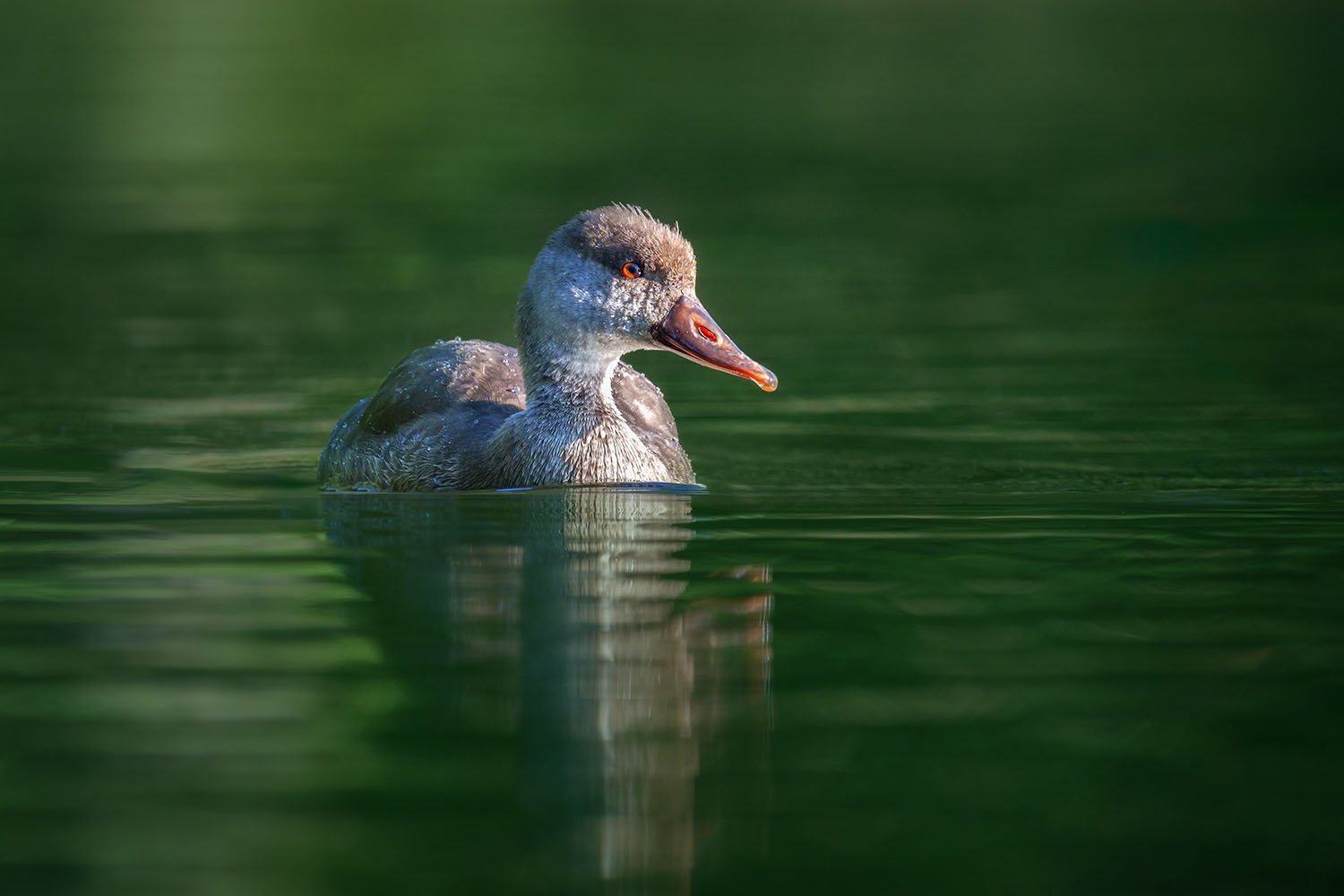
Red-crested pochard (Netta rufina)
The red-crested pochard, an elegant diving duck with a striking reddish head and bill, thrives in nutrient-rich lakes. Learn about its lifestyle, diet, and courtship…
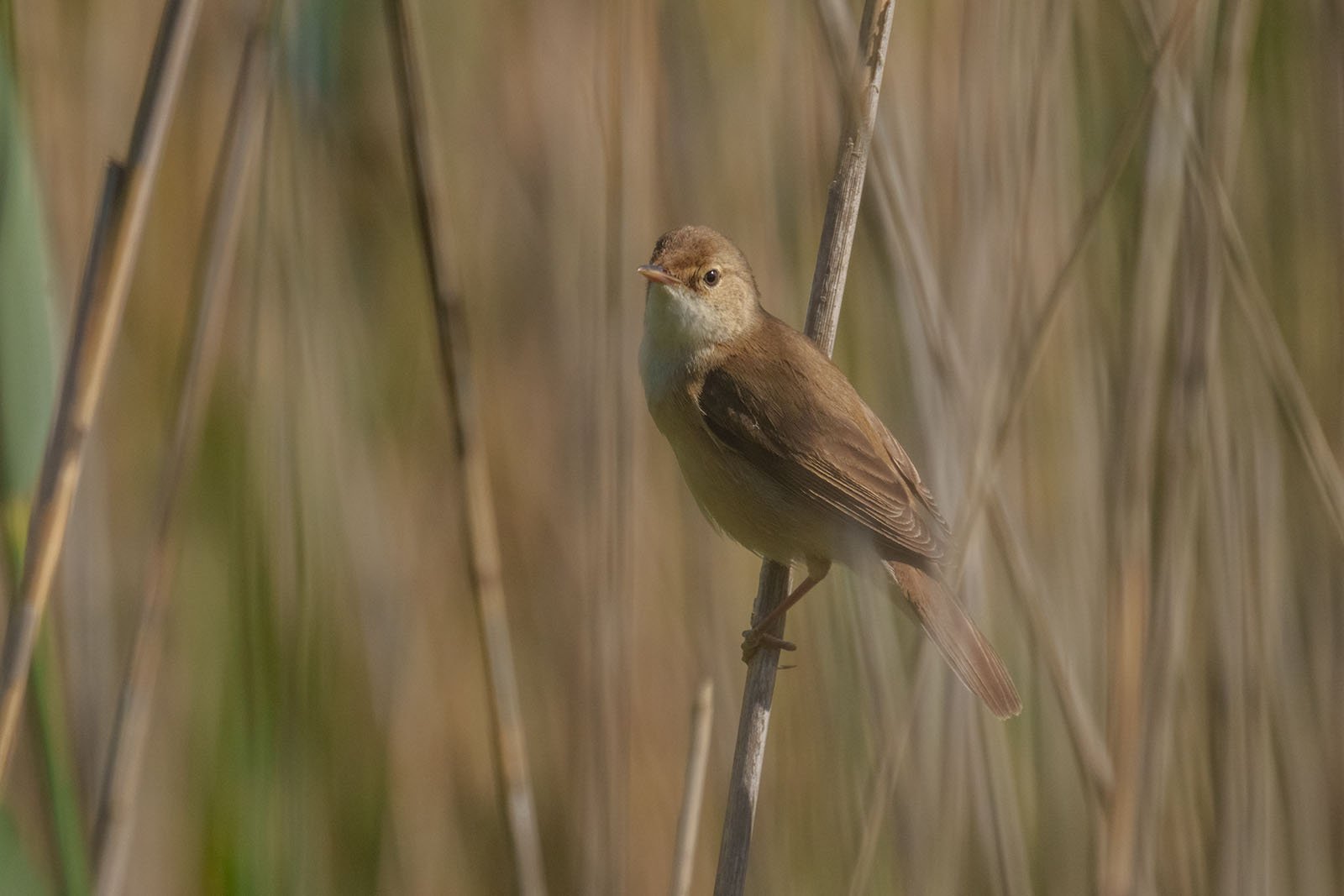
Reed Warbler (Acrocephalus scirpaceus)
The Reed Warbler, a discreet reed-dwelling bird with warm brown plumage, thrives near water. Learn more about its nesting habits, diet, and life among reeds.
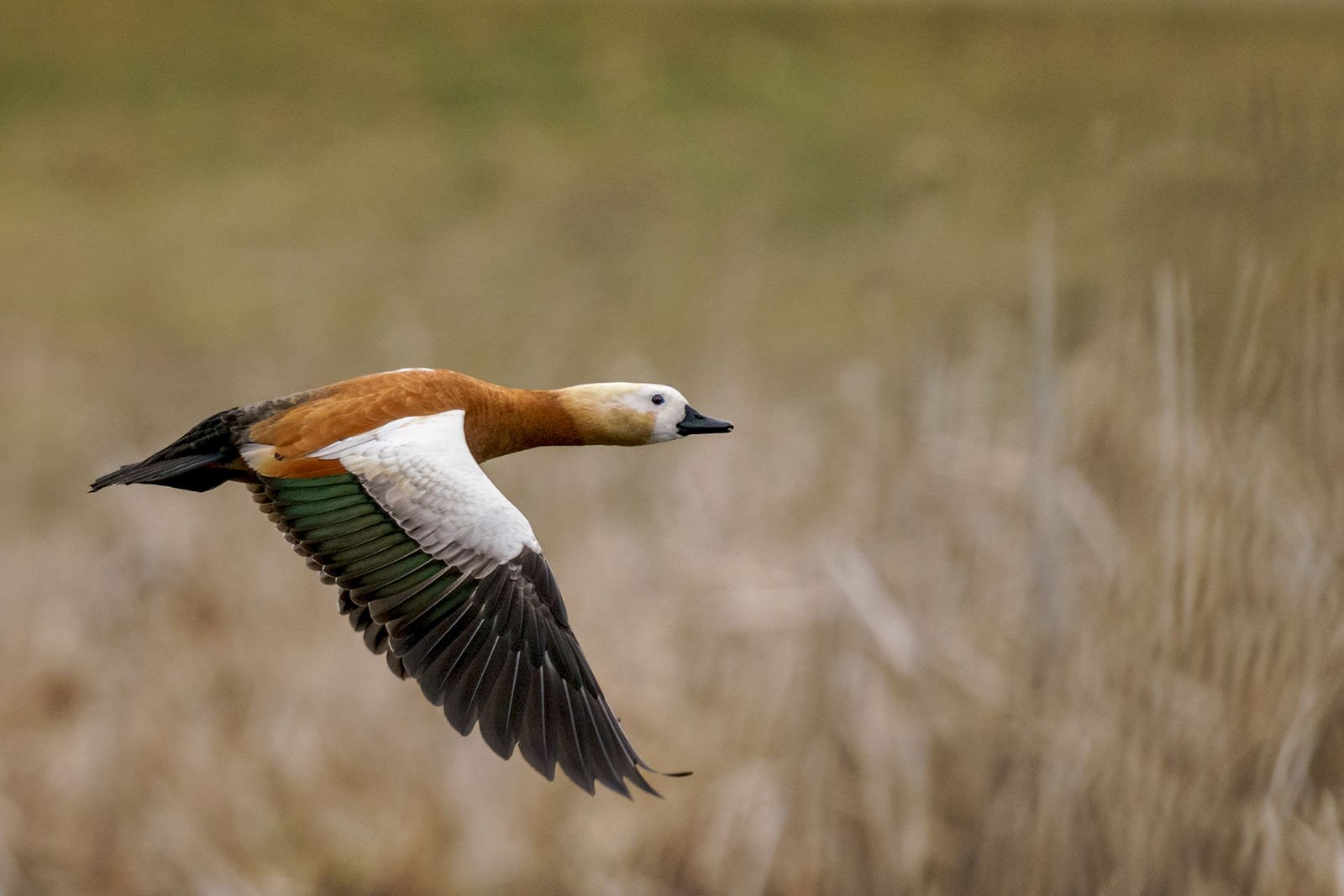
Ruddy shelduck (Tadorna ferruginea)
Discover the fascinating Ruddy Shelduck: Its rusty-orange plumage, habitat in steppe regions, and diverse diet make it truly unique.

Red kite (Milvus milvus)
The red kite is one of the most striking birds of prey in Europe, easily recognized by its deeply forked tail. This elegant hunter is often seen gliding over fields and forests, using its sharp...
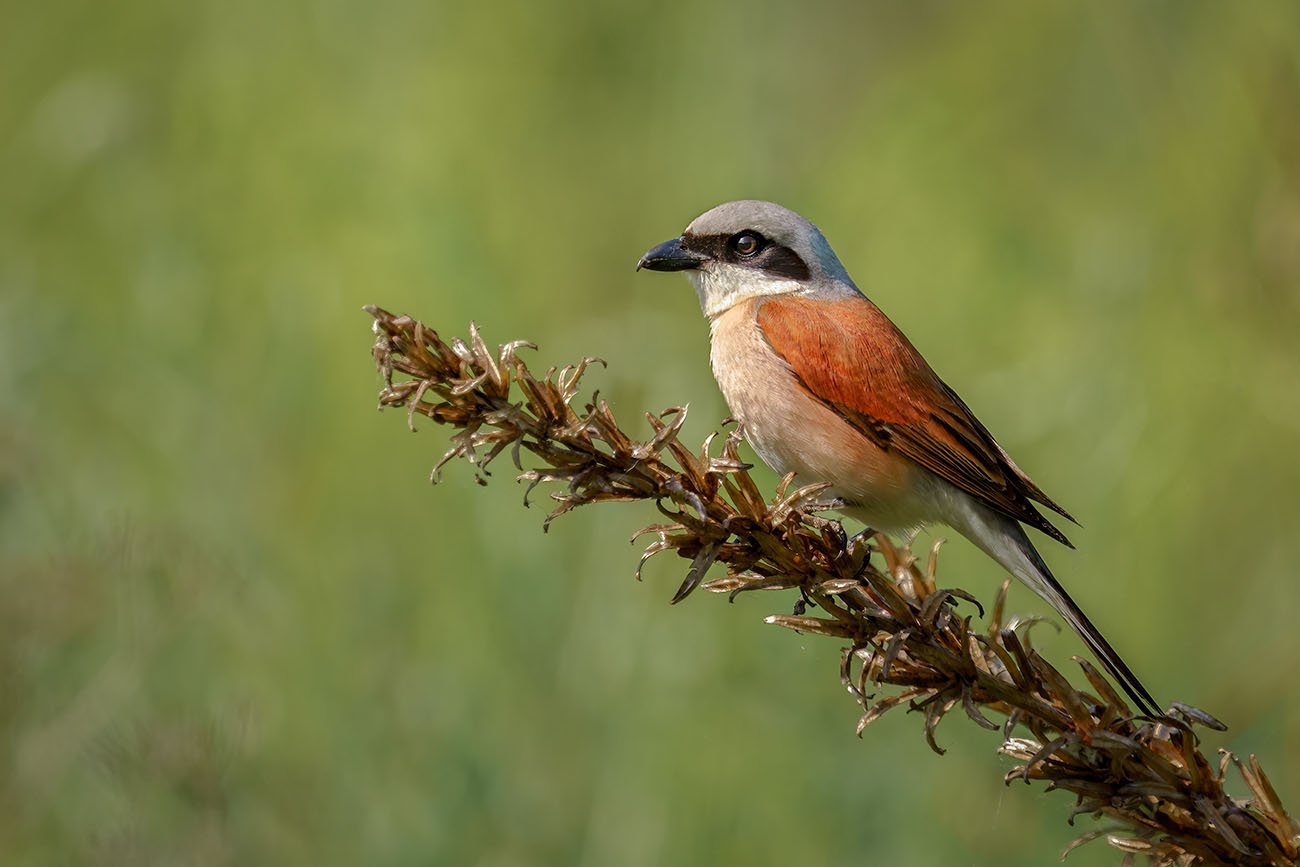
Red-backed shrike (Lanius collurio)
The Red-backed Shrike is a medium-sized songbird known for its striking appearance and unique hunting method. It catches small prey and impales it on thorns or sharp branches, storing food for later. This habit makes the bird fascinating to observe in open...
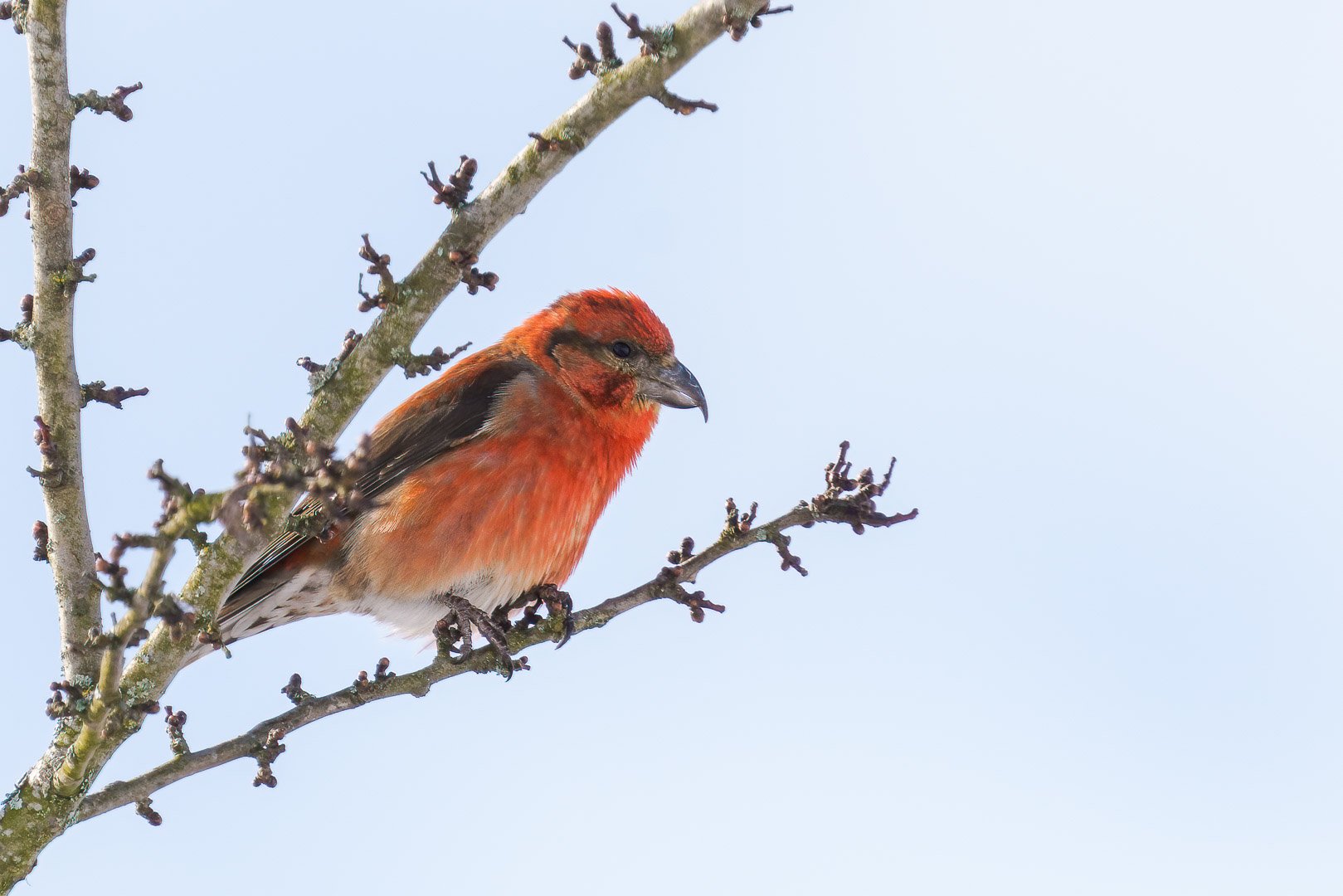
Common crossbill or Red crossbill (Loxia curvirostra)
The Red Crossbill is a medium-sized finch known for its uniquely crossed bill. This special adaptation allows the bird to extract seeds from conifer cones, a food source that many other birds cannot access. The Red Crossbill primarily lives in dense coniferous forests, especially in areas with...
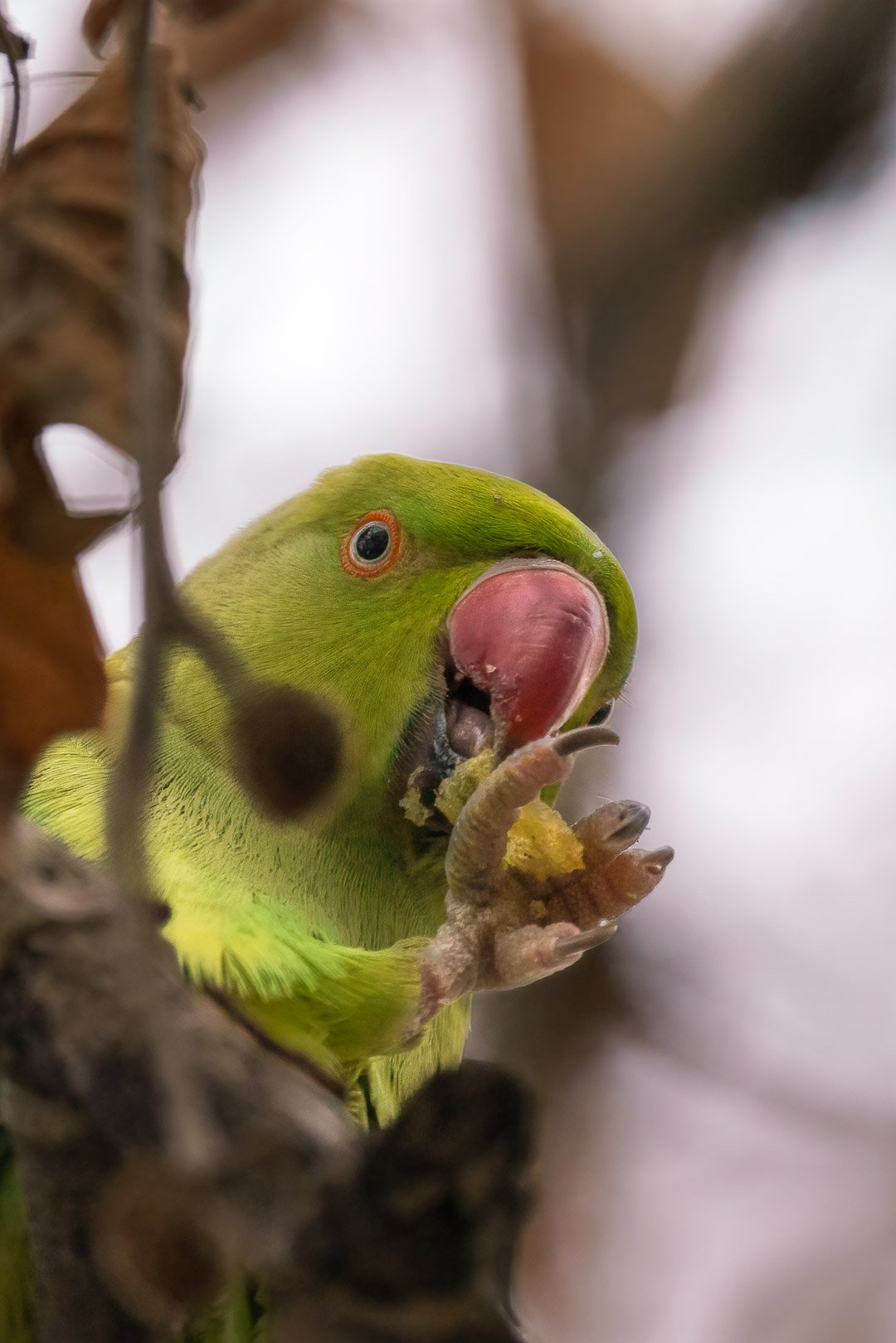
Rose-ringed parakeet (Psittacula krameri)
The rose-ringed parakeet (Psittacula krameri), also known as the ring-necked parakeet or small Alexandrine parakeet, belonging to the family Psittacidae, is an extremely widespread bird species. Its habitat extends from Africa south of the Sahara to Asia, starting with Pakistan and India. It is not only found in its natural habitat but also in Europe.
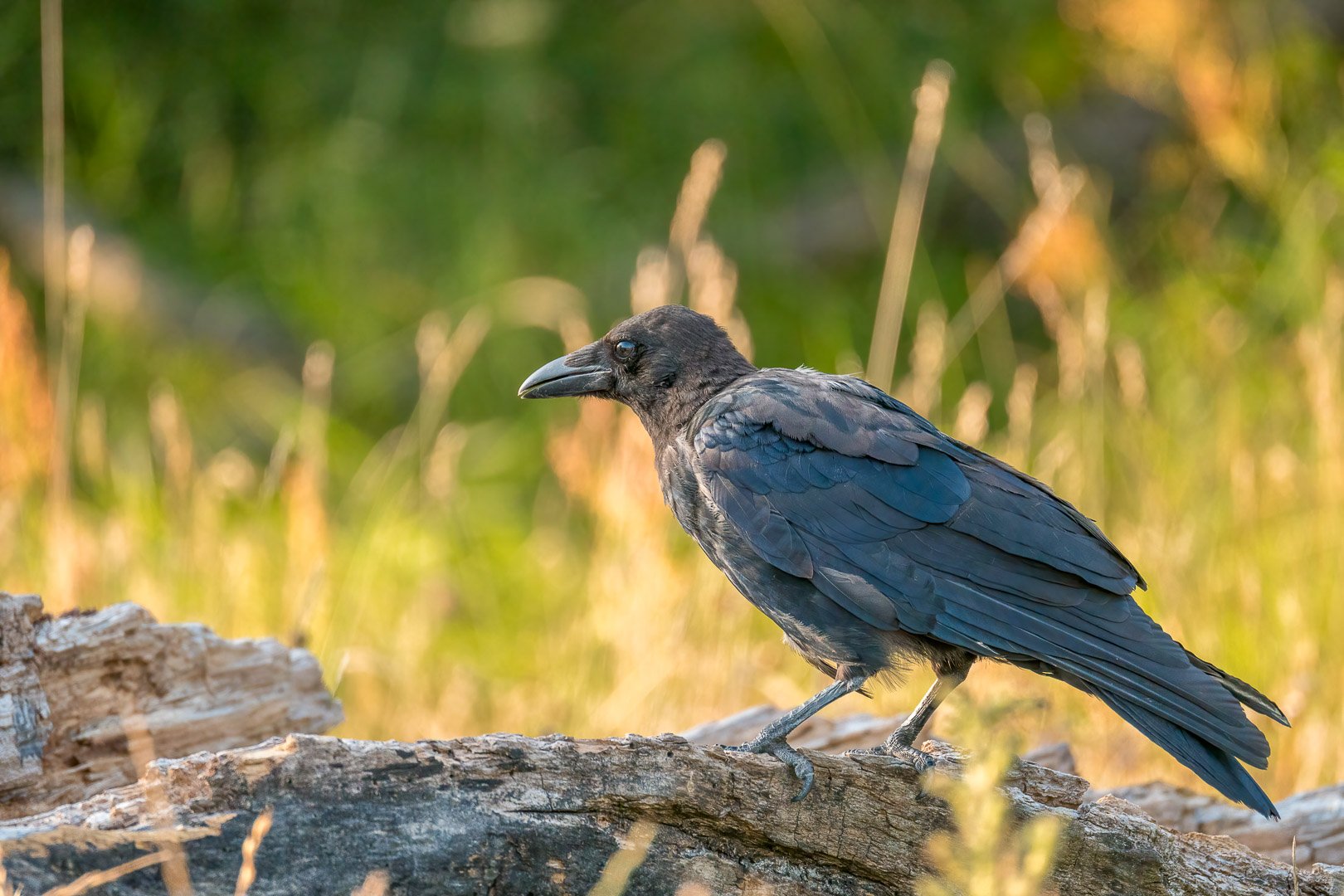
Common raven (Corvus corax)
The common raven (Corvus corax) is a songbird from the family of corvids (Corvidae) and the largest European species of raven. Its scientific name consists of the Greek "Corax" and the Latin "Corvus," both meaning "raven." The first syllable of its German name, "Kolk," is likely onomatopoeic and mimics the call of the
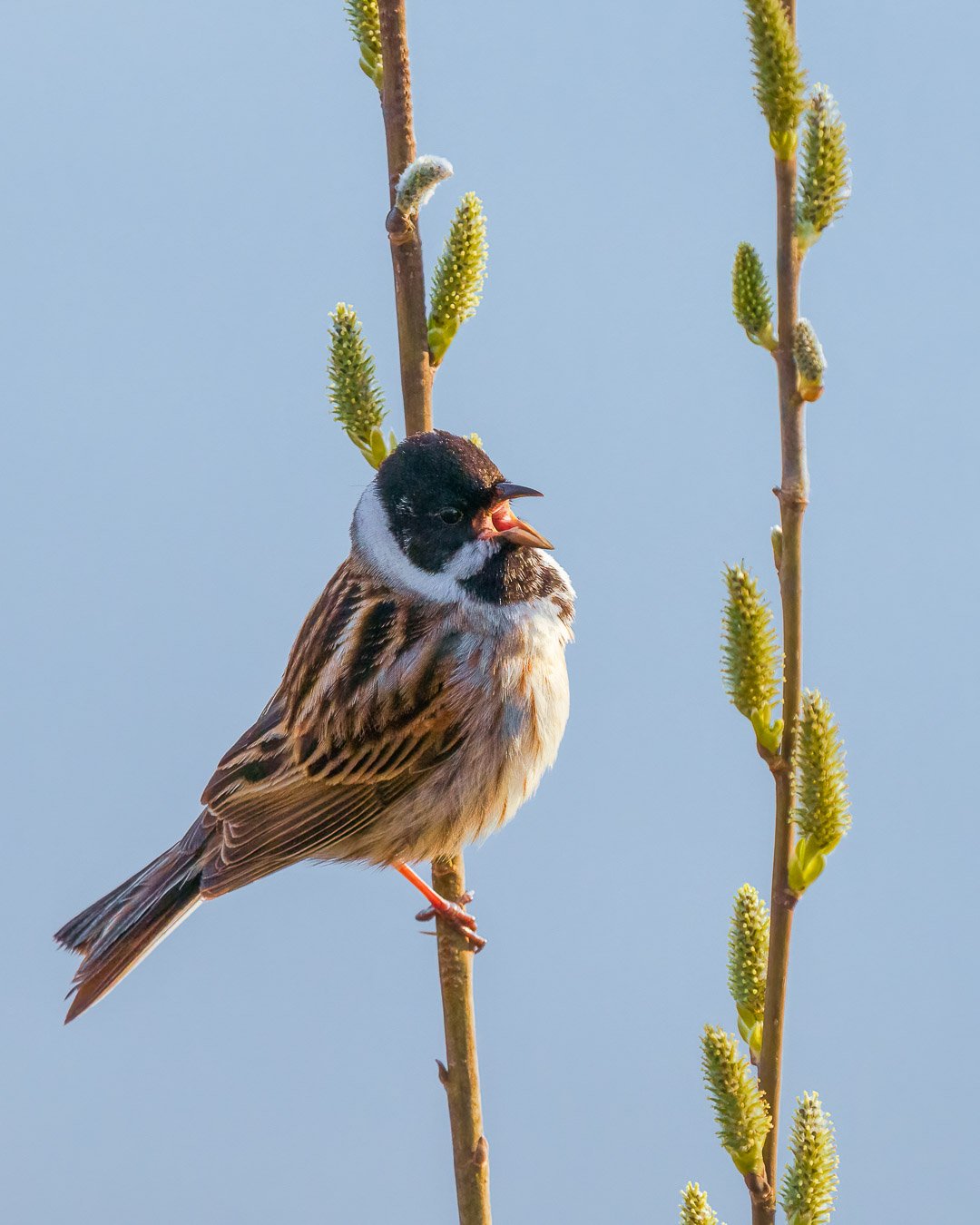
Common reed bunting (Emberiza schoeniclus)
The common reed bunting (Emberiza schoeniclus), also known as the reed sparrow, belongs to the family of buntings (Emberizidae) and is native to Europe, North Africa, and East Asia. It is only absent from some Mediterranean islands. The reed bunting is commonly found, especially in reed and sedge habitats. In Central Europe, it is a partial migrant, as most birds leave the region in October/November and return in February and March. During winter, the reed bunting resides in North Africa.
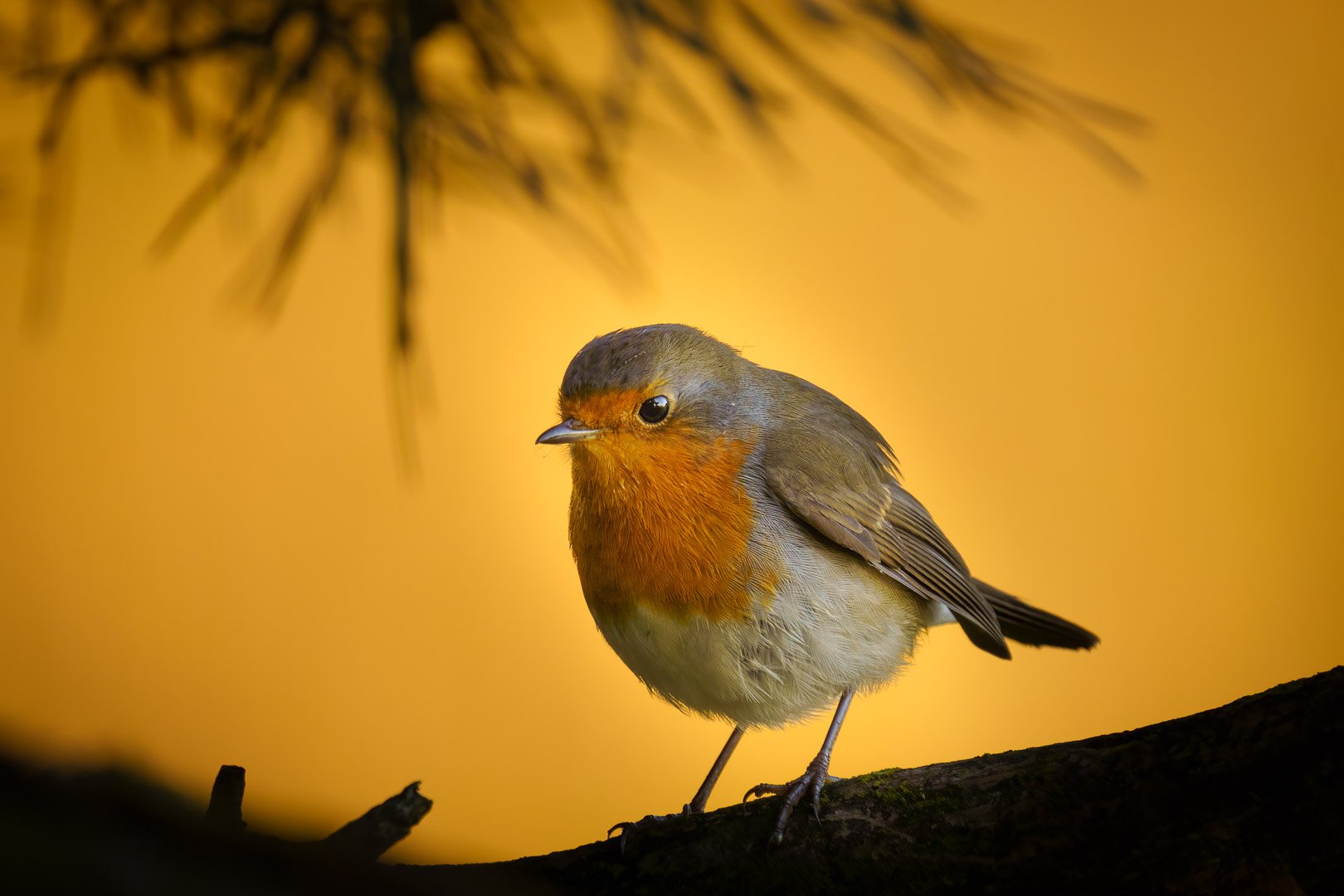
European Robin (Erithacus rubecula)
The European Robin (Erithacus rubecula) belongs to the family of Old World flycatchers (Muscicapidae) and is native to North Africa, Europe, Anatolia, and Mediterranean islands. It mainly feeds on insects, small spiders, worms, and snails. The European Robin's song begins about an hour before sunrise and can be heard almost all year round until dusk. Due to its frequent sightings, appearance, and often short flight distance, the European Robin is

Red-crowned crane (Grus japonensis)
The red-crowned crane (Grus japonensis) is a large species of crane belonging to the family Gruidae. It is also known as the Manchurian crane. This crane is native to East Asia, found in Russia, China, North Korea, South Korea, and Japan. Its body length is approximately 150 cm, and it can have a wingspan of up to 250 cm.
